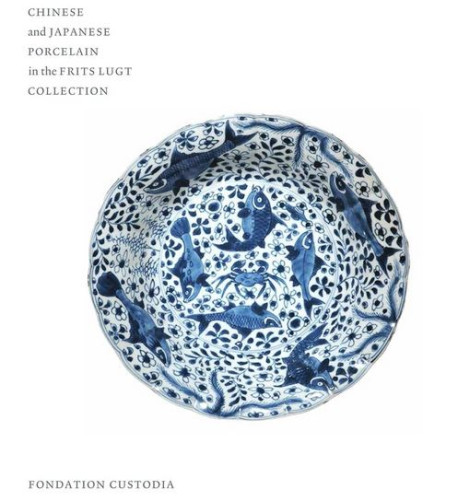Aucun produit
Produit ajouté au panier avec succès
Il y a 0 produits dans votre panier. Il y a 1 produit dans votre panier.
Editions Bilingues & inter.
- Nouveautés
- Catalogue d'exposition
- Sélection Fêtes
- Prix réduits
- Idées Cadeaux
- Editions Bilingues & inter.
- Livres d'art pour enfants
- Histoire de l'Art
- Peinture
- Architecture
- Sculpture
- Dessin Gravure
- Photographie
- Art contemporain
- Arts Décoratifs Design
- Techniques des Arts
- Critique
- Beaux livres
- Civilisations
- Revues partenaires

Chinese and Japanese Porcelain in the Frits Lugt Collection
When the famous Dutch art historian and connoisseur Frits Lugt (1884-1970) and his wife Jacoba Klever (1888-1969) decided to present their collections in the Hôtel Turgot in Paris, Chinese porcelain ranked among their priorities. They intended to give the French public an impression of Dutch Golden Age interiors and a porcelain cabinet had traditionally been part of Dutch material culture.
Shipped within 3 to 6 days
| Référence | 9782958323431 |
| Artiste-Genre | Frits Lugt Collection |
| Auteur(s) | Christiaan Jörg |
| Editeur(s) | Custodia |
| Format | Hardcover |
| Nb. de pages | 272 |
| Langue | English |
| Dimensions | 280 x 250 |
| Date parution | 2023 |
Lugt started assembling his Chinese porcelain collection when he lived in the Netherlands. After the Second World War, the couple settled in Paris, and Lugt continued to buy from dealers and at auctions in France and England.
He acquired a variety of pieces, either made for export or for domestic Chinese use. The result, now permanently exhibited in the Fondation Custodia, is a small but exquisite collection of high-quality Chinese porcelain, ranging mainly from the 16th to the late 18th centuries.
It reflects the Dutch preference for Kraak, Transitional and Kangxi porcelain, but a number of unusual or even unique non-export porcelains are also on display. Almost all of these pieces are decorated in underglaze cobalt-blue.
In this catalogue, written by Dr. Christiaan J.A. Jörg, Dutch specialist on Chinese and Japanese porcelain, each of the 125 pieces is described in detail and placed in a scholarly context. Special attention is paid to iconography, inscriptions and marks. A longer, informative essay elaborates on the history of the collection and shorter essays introduce each of the six sections into which the catalogue is chronologically divided. Every object has been photographed and reproduced from multiple angles, including the base.
Produits déjà vus








